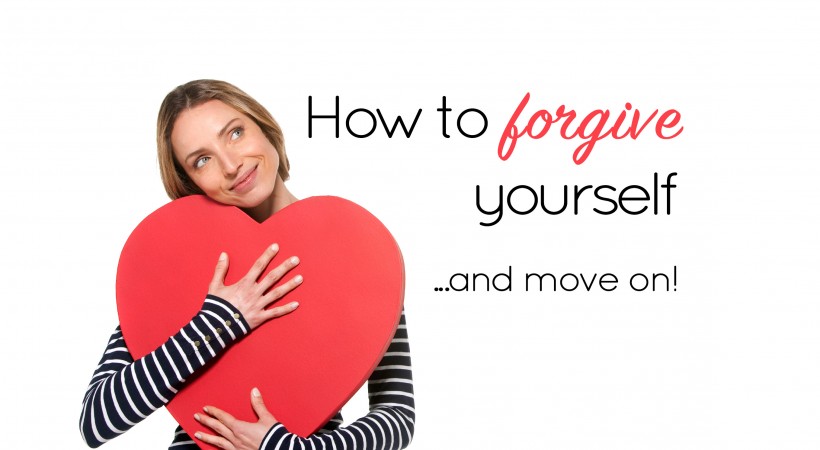This website uses cookies so that we can provide you with the best user experience possible. Cookie information is stored in your browser and performs functions such as recognising you when you return to our website and helping our team to understand which sections of the website you find most interesting and useful.
Tag: self-love
-
What is Self-Care and Why Should You Practice It?

Let’s Talk About Self-Care I want to preface this blog post by making it clear that self-care is not the same as self-indulgence, or being selfish. Self-care is all about taking care of yourself so you can be healthy, and stay well before doing anything else. Self-care has been a topic of discussion everywhere and…
-
How to Forgive Yourself and Move On

Hey, you know what? We’re human, and we make mistakes. A lot! It’s a part of life. But regularly replaying slip-ups in your head, beating yourself up about them, and losing sleep over them – won’t make them go away! Instead, what you’re doing, is building barriers of anger, pain and sadness around you, preventing you…
